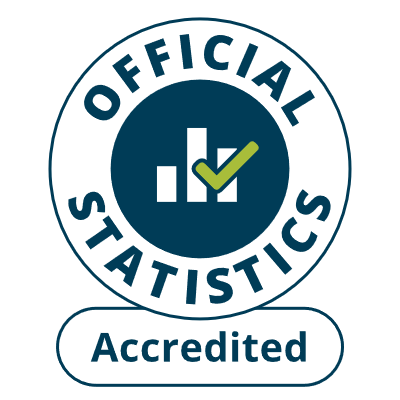
 Religion by economic activity, age and gender - Archived – English only– No longer updated
Religion by economic activity, age and gender - Archived – English only– No longer updated
Archived (English only) – No longer updated.
None
|
||||||||||||||||||||||||||||||||||||||||||||||||||||||||||||||||||||||||||||||||||||||||||||||||||||||||||||||||||||||||||||||||||||||||||||||||||||||||||||||||||||||||||||||||||||||||||||||||||||||||||||||||||||||||||||||||||||||||||||||||||||||||||||||||||||||||||||||||||||||||||||||||||||||||||||||||||||||||||||||||||||||||||||||||||||||||||||||||||||||||||||||||||||||||||||||||||||||||||||||||||||||||||||||||||||||||||||||||||||||||||||||||||||||||||||||||||||||||||||||||||||||||||||||||||||||||||||||||||||||||||||||||||||||||||||||||||||||||||||||||||||||||||||||||||||||||||||||||||||||||||||||||||||||||||||||||||||||||||||||||||||||||||||||||||||||||||||||||||||||||||||||||||||||||||||||||||||||||||||||||||||||||||||||||||||||||||||||||||||||||||||||||||||||||||||||||||||||||||||||||||||||||||||
Metadata
Keywords
Religion, Economic ActivityTitle
Religion by economic activity, age and genderLast update
November 2015Publishing organisation
Welsh GovernmentSource 1
2011 Census, Office for National StatisticsContact email
stats.inclusion@wales.gsi.gov.ukDesignation
National StatisticsGeographical coverage
WalesLanguages covered
English onlyData licensing
You may use and re-use this data free of charge in any format or medium, under the terms of the Open Government License - see http://www.nationalarchives.gov.uk/doc/open-government-licenceGeneral description
Economic activity relates to whether or not a person who was working or looking for work in the week before census.Rather than a simple indicator of whether or not someone was currently in employment, it provides a measure of whether or not a person was an active participant in the labour market.
A person's economic activity is derived from their 'Activity last week'. This is an indicator of their status or availability for employment - whether employed, actively looking for work, waiting to start a new job, available to start a new job, or their status if not employed or not seeking employment. Additional information included in the economic activity classification is also derived from information about the number of hours a person works and their type of employment - whether employed or self-employed.
The census concept of economic activity is compatible with the standard for economic status defined by the International Labour Organisation (ILO). It is one of a number of definitions used internationally to produce accurate and comparable statistics on employment, unemployment and economic status.
The 2011 Census question on religion asks for the person's current religion, or if the person does not have a religion, 'no religion'. No determination is made about whether a person was a practicing member of a religion. Unlike other census questions where missing answers are imputed, this question was voluntary, and where no answer was provided the response is categorised as 'not stated'.
For the 2011 Census, a usual resident of the UK is anyone who, on census day 2011, was in the UK and had stayed or intended to stay in the UK for a period of 12 months or more, or had a permanent UK address and was outside the UK and intended to be outside the UK for less than 12 months. For more information see Weblinks.






 All Ages
All Ages